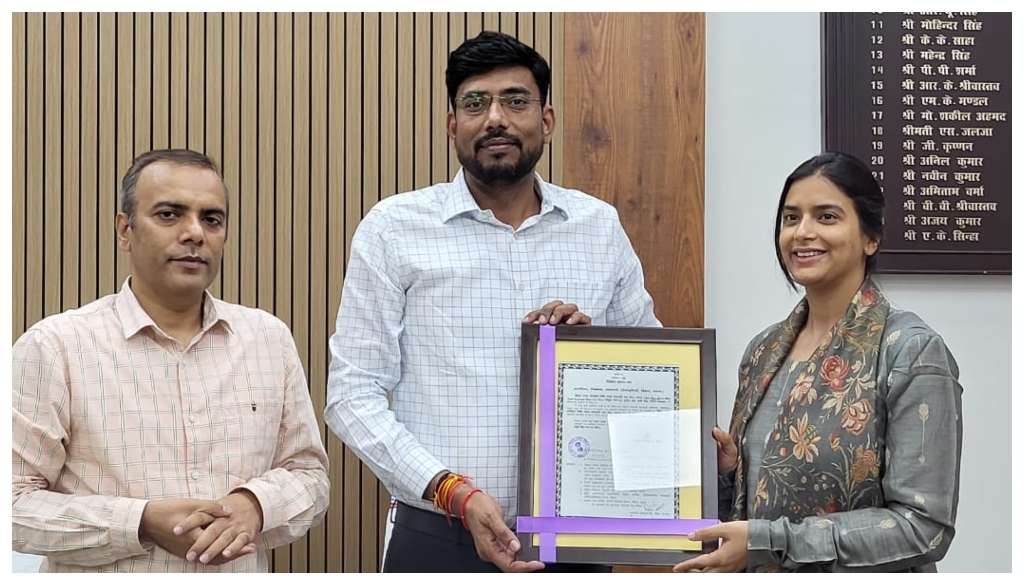
Patna: In a landmark move towards institutionalising women-led financial systems, the Bihar government has formally registered the Bihar State Jeevika Nidhi Credit Cooperative Limited, a state-level credit institution promoted by Jeevika. The registration marks a significant milestone in the state’s push to strengthen rural financial inclusion through women’s leadership.
The cooperative was officially registered in Patna, where the registration certificate was handed over to Jeevika’s Chief Executive Officer, Himanshu Sharma, by the secretary of the cooperative department and the registrar of cooperative societies. The moment was described as historic for Bihar and its over 1 crore women associated with self-help groups supported by Jeevika.
A major institutional breakthrough
The registration of the cooperative signifies the formal recognition of a financial institution entirely led and governed by women. Built on the foundation of years of community mobilisation, financial literacy and institutional development, the cooperative is now equipped to operate legally and independently under the state cooperative framework.
Cluster Level Federations (CLFs) from across the state have contributed long-term deposits to the cooperative, while the government has provided financial assistance to support its initial operations. The legal registration enables the institution to offer credit services across Bihar in a structured, transparent and accountable manner.
Enabling self-reliance through formal recognition
With the formalisation of the cooperative, rural women in Bihar now gain not just easier access to credit, but also ownership of the institution providing it. The cooperative aims to offer timely and affordable loans for agriculture, small businesses and self-employment activities, helping women avoid high-interest informal lending.
Officials noted that the registration is more than a bureaucratic step — it is a shift in the way women’s role in finance is viewed. From being passive beneficiaries, women are now legally empowered to lead, operate and make policy decisions within a registered financial institution.
This development is expected to serve as a model for other states exploring community-led, women-centric financial systems.





